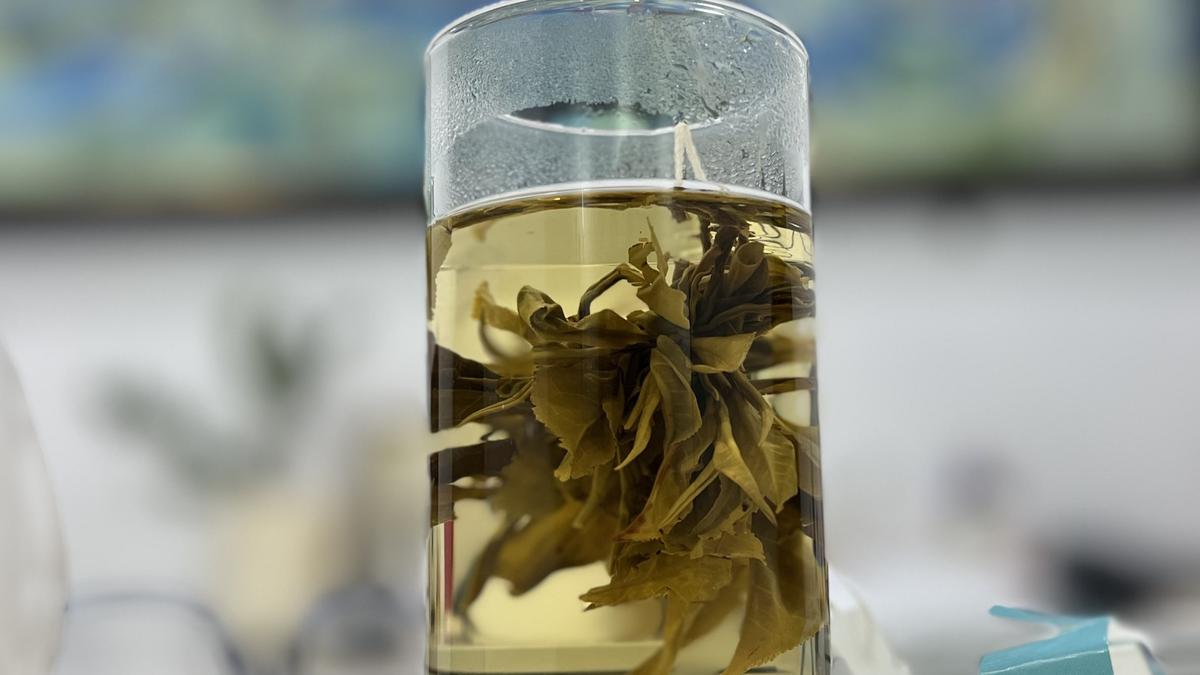MIT College of Agriculture and Technology Presents MITCAT Trends

ANGLE BOOTCAMP
Hello everyone, good day. My name is Kabiru Lawan from Kano, Nigeria. I am the founder of Ecoharvest Bridge, a social enterprise that supports farmers with sustainable agricultural practices and helps them generate more income. I hold a bachelor's degree in Agricultural Science and Education from Kano University of Science and Technology, Wudil and a Master's in Agronomy from SR University, Warangal in India. Our Initiative, called Mills on Wheels, is an initiative that addresses post-harvest lo

BSc Agriculture : Course Details, Eligibility and Admission 2025
BSc Agriculture – Cultivating Future AgripreneursLearn smart farming, agribusiness, and soil science at one of the premier Agriculture Colleges in West Bengal. Shape sustainable futures with modern agri-tech.Call: 70444 47723 | Apply now:BSc Agriculture : Course Details, Eligibility and Admission 2025
The Ultimate Guide to Vegetable Farming and its Impact on Indian Agriculture - India's Biggest Organic Farmer and Sustainable...
The Ultimate Guide to Vegetable Farming and its Impact on Indian Agriculture - India’s Biggest Organic Farmer and Sustainable Leader | HarisThe Ultimate Guide to Vegetable Farming and its Impact on Indian AgricultureVegetable farming is the growing of vegetables for the sole purpose of stable human consumption and to meet the food cycle needs of ever ever-growing population. New techniques have been implemented and revolutionized in vegetable farming, the simple process being bifurcated an
Christiaan Huygens and the Scientific Secrets of Saturn
When astronomers first looked at Saturn through telescopes in the early seventeenth century, they saw something they couldn’t explain. While other planets looked neatly round, Saturn had large protrusions sticking out on either side. It was Dutch polymath Christiaan Huygens who solved the mystery: Saturn had a large ring around its middle. But strangely, when he first published this monumental discovery, Huygens concealed it in the form of an anagram: “aaaaaaacccccdeeeeehiiiiiiillllmmnnnnnnnnnoo
How Was the Wheel Invented?
Imagine you’re a copper miner in southeastern Europe in the year 3900 BCE. Day after day you haul copper ore through the mine’s sweltering tunnels.You’ve resigned yourself to the grueling monotony of mining life. Then one afternoon, you witness a fellow worker doing something remarkable.With an odd-looking contraption, he casually transports the equivalent of three times his body weight on a single trip. As he returns to the mine to fetch another load, it suddenly dawns on you that your chosen p
When rainforests died, the planet caught fire: New clues from Earth’s greatest extinction
When Siberian volcanoes kicked off the Great Dying, the real climate villain turned out to be the rainforests themselves: once they collapsed, Earth’s biggest carbon sponge vanished, CO₂ rocketed, and a five-million-year heatwave followed. Fossils from China and clever climate models now link that botanical wipe-out to runaway warming, hinting that losing today’s tropical forests could lock us in a furnace we can’t easily cool.

Agronomists! These are the perfect T-Shirts for YOU.
Agronomists! These are the perfect T-Shirts for YOU.*Agronomy T-Shirt(As an Amazon Associate, I earn from qualifying purchases.)
The fatal mutation that lets cancer outsmart the human immune system
Scientists at UC Davis discovered a small genetic difference that could explain why humans are more prone to certain cancers than our primate cousins. The change affects a protein used by immune cells to kill tumors—except in humans, it’s vulnerable to being shut down by an enzyme that tumors release. This flaw may be one reason treatments like CAR-T don’t work as well on solid tumors. The surprising twist? That mutation might have helped our brains grow larger over time. Now, researchers are ex

Assam’s Woolah Tea secures patent for India’s first bagless tea
Woolah’s patented bagless tea made from whole leaf bundles aims to eliminate microplastics and champion organic farming
Why do killer whales keep handing us fish? Scientists unpack the mystery
Wild orcas across four continents have repeatedly floated fish and other prey to astonished swimmers and boaters, hinting that the ocean’s top predator likes to make friends. Researchers cataloged 34 such gifts over 20 years, noting the whales often lingered expectantly—and sometimes tried again—after humans declined their offerings, suggesting a curious, relationship-building motive.
The pandemic pet boom was real. The happiness boost wasn’t
Locked-down Hungarians who gained or lost pets saw almost no lasting shift in mood or loneliness, and new dog owners actually felt less calm and satisfied over time—hinting that the storied “pet effect” may be more myth than mental-health remedy even in extreme isolation.
How female friendships help chimp babies survive
Female chimpanzees that forge strong, grooming-rich friendships with other females dramatically boost their infants’ odds of making it past the perilous first year—no kin required. Three decades of Gombe observations show that well-integrated mothers enjoy a survival rate of up to 95% for their young, regardless of male allies or sisters. The payoff may come from shared defense, reduced stress, or better access to food, hinting that such alliances laid early groundwork for humanity’s extraordina
Farming within Earth’s limits is still possible – but it will take a Herculean effort
Patrick Pleul/GettyThe way we currently produce and consume food takes a big toll on the environment. Worldwide, farming is responsible for more than 20% of greenhouse gas emissions and uses more than 70% of all fresh water taken from rivers, lakes and groundwater. It’s the leading driver of deforestation and nutrient pollution, largely from fertiliser run-off. All of these pose a serious threat to ecosystems.If this sounds serious, it’s because it is. If emissions and land clearing trends con
‘Shit in, shit out’: AI is coming for agriculture, but farmers aren’t convinced
David Gray / AFP / Getty ImagesAustralian farms are at the forefront of a wave of technological change coming to agriculture. Over the past decade, more than US$200 billion (A$305 billion) has been invested globally into the likes of pollination robots, smart soil sensors and artificial intelligence (AI) systems to help make decisions.What do the people working the land make of it all? We interviewed dozens of Australian farmers about AI and digital technology, and found they had a sophisticate
A Continent of Untapped Potential
Leveraging the African Diaspora to Transform Africa’s Agro-IndustryBy bridging global expertise, cutting-edge technologies, and deep personal ties, Africans abroad can ignite a new era of agro-industrial growth across the continent. Here’s how diaspora engagement can drive innovation, boost productivity, and unlock Africa’s vast agricultural potential—alongside real-world success stories that prove the model works.A Continent of Untapped PotentialAfrica boasts 60 % of the world’s uncultivated ar
Governor Josh Green Signs Legislation to Strengthen Hawaiʻi's Agriculture and Biosecurity
Hawaii Governor signs bills to strengthen agriculture and biosecurity, including harsher penalties for agricultural crimes.

Montana Department of Agriculture to host pesticide disposal events
On Monday, the Montana Department of Agriculture is hosting pesticide disposal events.Disposal sites will be available this week in Polson, Hamilton and Butte t
Trump's "One Big Beautiful Bill" Proposes Drastic Changes in Agriculture and the Use of Natural Resources
A bold legislative proposal, the 'One Big Beautiful Bill Act,' aims to overhaul key policies in agriculture and natural ...
Agriculture a 'Red Line' in Trade Talks With US, Indian Finance Minister Tells Financial Express
NEW DELHI (Reuters) -India's agriculture and dairy are "big red lines" in its ongoing trade negotiations with the United ...

Agriculture05
Video for background - 17 USC § 107 Limitations on Exclusive Rights – FAIR USE



